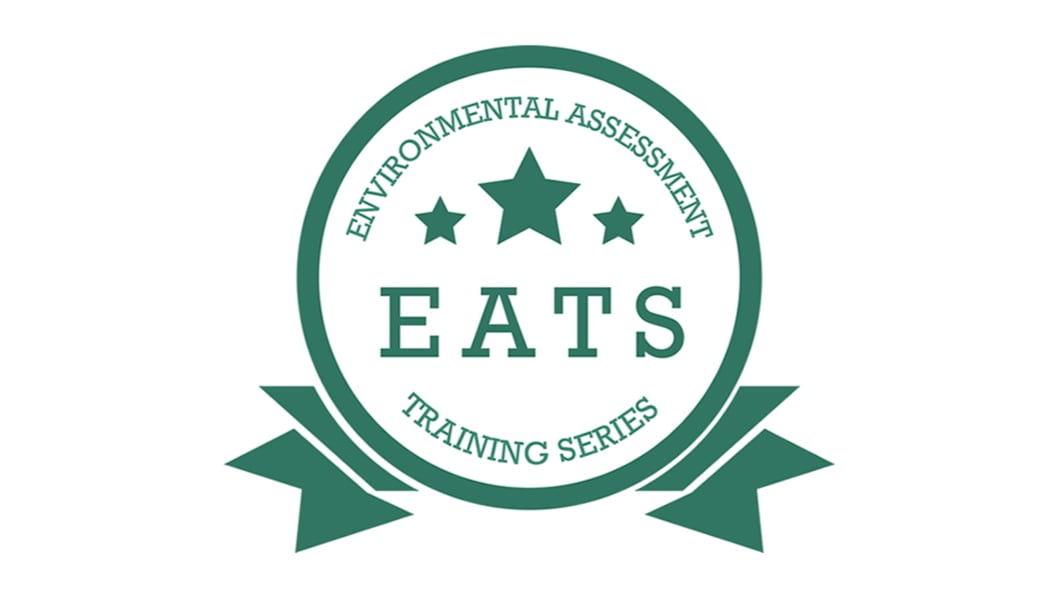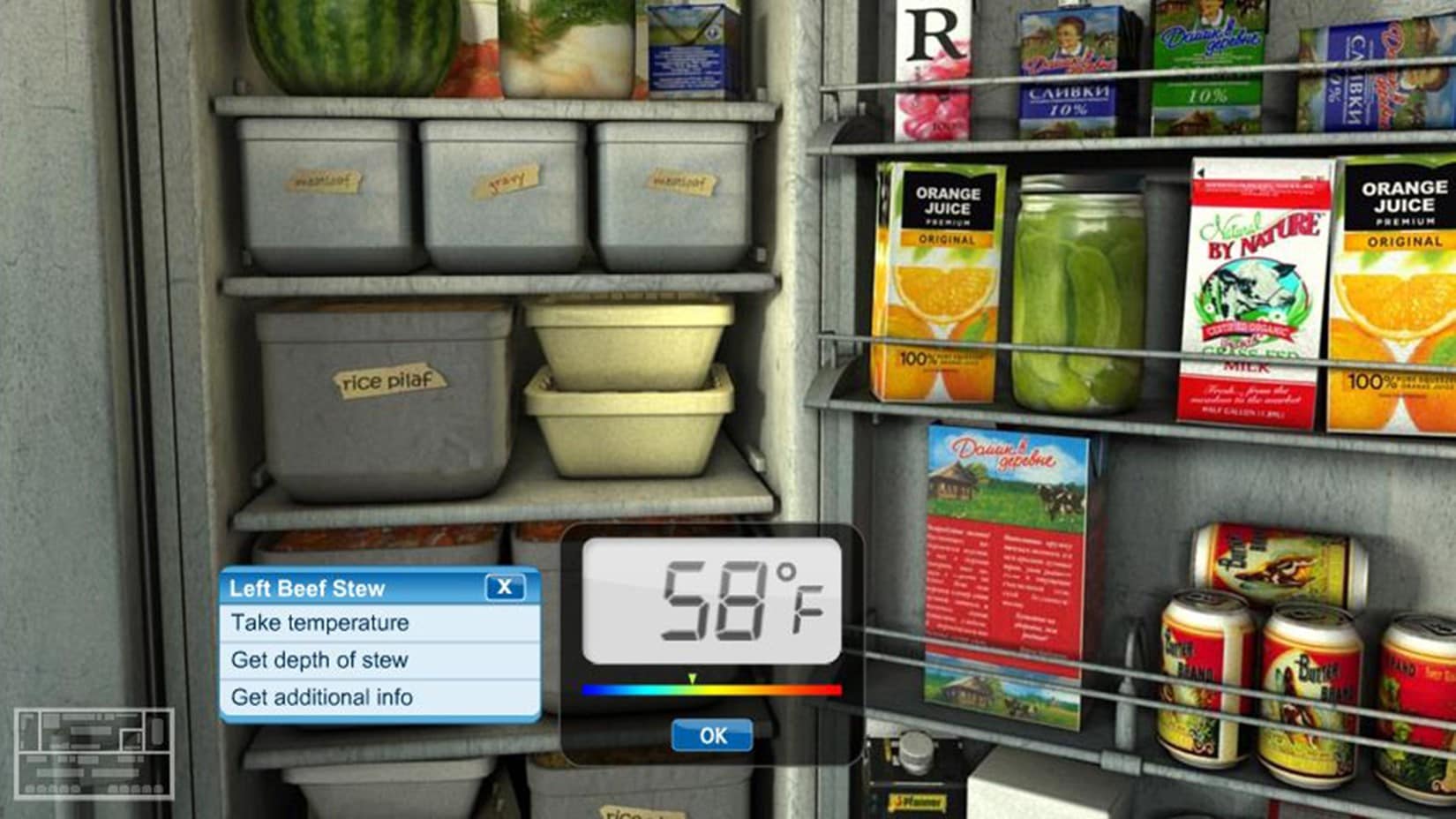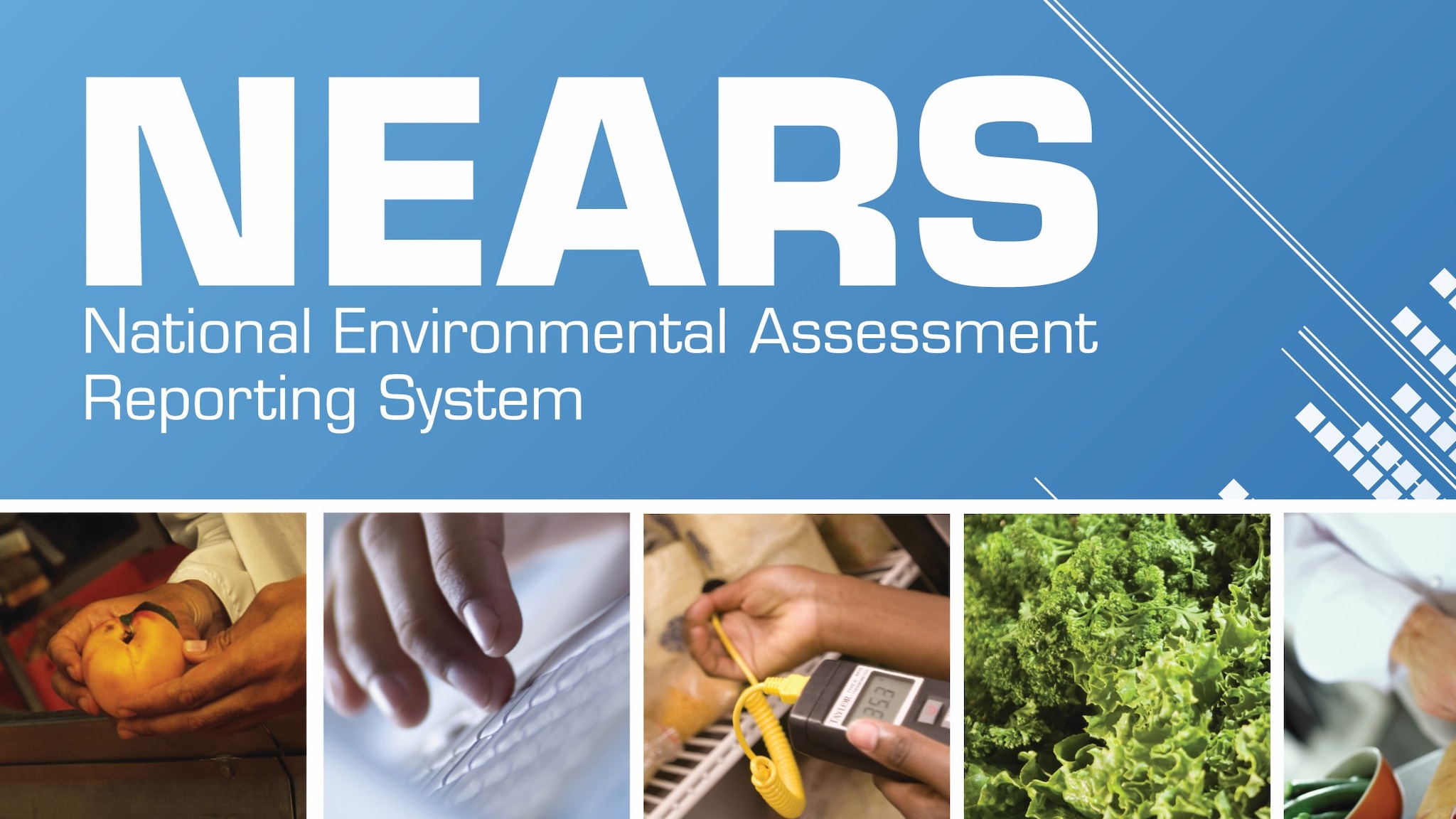At a glance
The skills needed to investigate outbreaks of foodborne illness in restaurants are different from those needed to inspect restaurants. Environmental health staff are critical to outbreak investigation teams. Take EATS 101 and EATS 102 for training on the role of environmental assessments in the broader context of outbreak investigations and the food safety system.

EATS 101 and EATS 102 courses
EATS 101: Foundation skills
Available now; 9 hours
Learn concepts, key skills, and steps for environmental assessments of restaurants implicated in an outbreak.
Practice interviewing food workers, collecting environmental samples, and determining how and why germs got into the environment and spread.
Earn points toward a badge and a certificate upon completion.
Continuing Education, EATS 101
EATS 102: Skill building
Available now; 6 hours
Practice applying environmental assessment skills in multiple outbreak scenarios:
- A private school
- A local catering establishment
- A grower and distributor of organic herbs and
- A cheese manufacturer
Continuing Education, EATS 102
Note: The EATS platform also includes Food Defense, a course by the Food and Drug Administration.
Benefits
It's free and available anytime: Take the courses at your own pace in this online learning program. You can save your place and return later.
It's practical:
- Learn how to identify an outbreak's environmental causes.
- Learn how to recommend appropriate control measures.
- Practice conducting virtual environmental assessments, including identifying the factors that lead to outbreaks.
You can earn continuing education units (CEUs) from CDC after completing the courses and final evaluation (optional).
Watch our video!
Audience
Environmental health professionals and food safety program officials in government agencies are the primary audience for this training. Food safety professionals from scientific, industry, and consumer groups may also benefit from it.
CDC encourages environmental health staff to apply their knowledge of environmental assessments by:
- Conducting environmental assessments during outbreak investigations
- Reporting data from these assessments to CDC's National Environmental Assessment Reporting System (NEARS).
Data collected in NEARS will help CDC and other public health professionals understand why and how outbreaks happen.
Reviews
Improving knowledge
EATS students show a 40% increase in knowledge of environmental assessments. Nine in 10 users who took EATS for CEUs agreed it addressed a need or a gap in their knowledge or skills and effectively met their educational needs.
We tested this course with environmental health and food safety staff. Users said:
- "Loved the addition of the perspective of both the farm and the processing plant: helps me as an inspector in retail have a grasp on the further ramification of any investigation I conduct." (Learner taking the course for CEUs)
- "There were lots of interactive portions... I've already used some of the questioning tactics... I think it would help any inspector for outbreaks... Two thumbs up!" (Environmental Health Specialist, Minnesota Department of Health)
- "It is by far the best online training I have taken." (Jennifer Pierquet, MPH, Iowa Food Safety and Consumer Bureau)
- "I will be a more effective foodborne illness investigator." (Learner taking the course for CEUs)
- "A great tool for [EH staff] since they are not routinely conducting environmental assessments in relation to outbreak investigations... this allows them to actually complete one." (Learner taking the course for CEUs)
More information
National Environmental Assessment Reporting System
Contact us for EATS questions and technical assistance.




